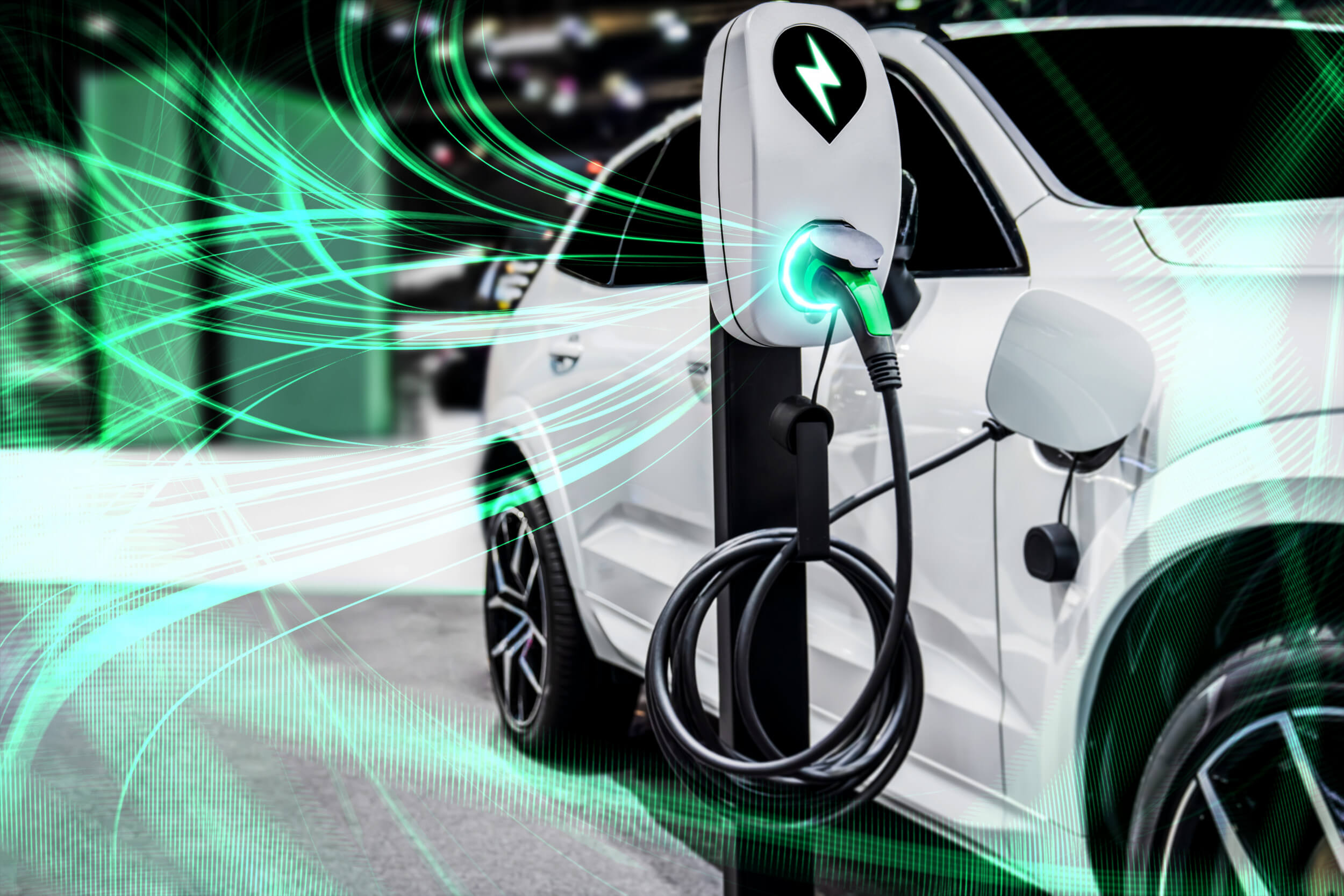How do electric cars work and what components are required for their operation?
Electric cars work by using an electric motor to power the vehicle, instead of a gasoline engine. The main components required for the operation of an electric car include a battery, electric motor, and inverter.
What are the advantages and disadvantages of electric cars compared to traditional gasoline-powered vehicles?
Advantages of electric cars include lower operating costs, zero emissions, and instant torque. Disadvantages include a limited driving range and a lack of charging infrastructure in some areas.
How long does it take to charge an electric car and what types of charging stations are available?
The time it takes to charge an electric car can vary depending on the type of charging station and the size of the battery. Charging at home with a standard electric outlet can take up to 12 hours for a full charge while using a Level 2 or Level 3 charger can reduce charging time to several hours.
What is the range of an electric car on a single charge and how does it compare to the range of a gasoline-powered vehicle?
The range of an electric car on a single charge can vary depending on the make and model, but on average it is around 200 miles. This is lower than the range of a traditional gasoline-powered vehicle, which can travel several hundred miles on a single tank of gas.
What is the cost of owning and operating an electric car compared to a traditional car?
The cost of owning and operating an electric car can be lower than a traditional car, due to lower fuel and maintenance costs. However, the initial purchase price of an electric car is typically higher.
Are there any government incentives or tax credits available for purchasing an electric car?
Government incentives and tax credits for purchasing an electric car vary by country and region, but they are currently available in many locations.
How does the environmental impact of electric cars compare to traditional gasoline-powered vehicles?
Electric cars have a much lower environmental impact than traditional gasoline-powered vehicles, as they produce zero emissions and require less energy to operate.
Are there any notable differences in performance and driving experience between electric cars and traditional cars?
Electric cars typically have a smooth and quiet driving experience with instant torque, while traditional cars have more noise and vibration.
How does the maintenance and repair cost of electric cars compared to traditional cars?
Maintenance and repair costs for electric cars are typically lower than traditional cars, as they have fewer moving parts and require less frequent oil changes.
How do the availability and accessibility of charging infrastructure compare in different regions and countries?
The availability and accessibility of charging infrastructure vary widely between different regions and countries, with some areas having more developed infrastructure than others.
